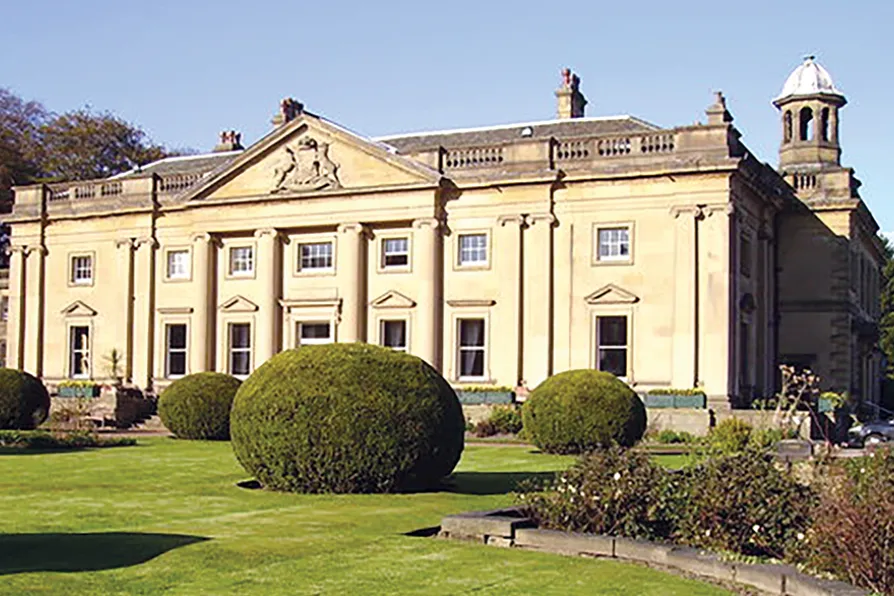SOLOMON HUGHES asks whether Labour ‘engaging with decision-makers’ with scandalous records of fleecing the public is really in our interests

 Wortley Hall
[Jim Probert/CC]
Wortley Hall
[Jim Probert/CC] WORTLEY HALL has two histories, the first concerning the family who built and lived in the hall and the second when it became “the Workers’ Stately Home.”
Wortley Hall was the ancestral home of the Earls of Wharncliffe – the lords of the manor of Wortley. The earliest recording being Alnus de Wortley, mentioned in the Pipe Rolls for 1165. During the English civil war of 1642-51, Sir Francis Wortley commanded a loyalist garrison based at Wortley Hall.
Wortley Hall fell into decay until the mid-18th century, when Edward Wortley commissioned the rebuilding of the hall. In 1800, James Archibald Stuart Wortley and his wife Caroline Creighton should have taken up residence, but were unable to do so because for some reason the architect had omitted to include a staircase.

ANSELM ELDERGILL examines the legal case behind this weekend’s Tolpuddle Martyrs’ Festival and the lessons for today

SUE TURNER is appalled by the story of the only original colonising family to still own a plantation in the West Indies











